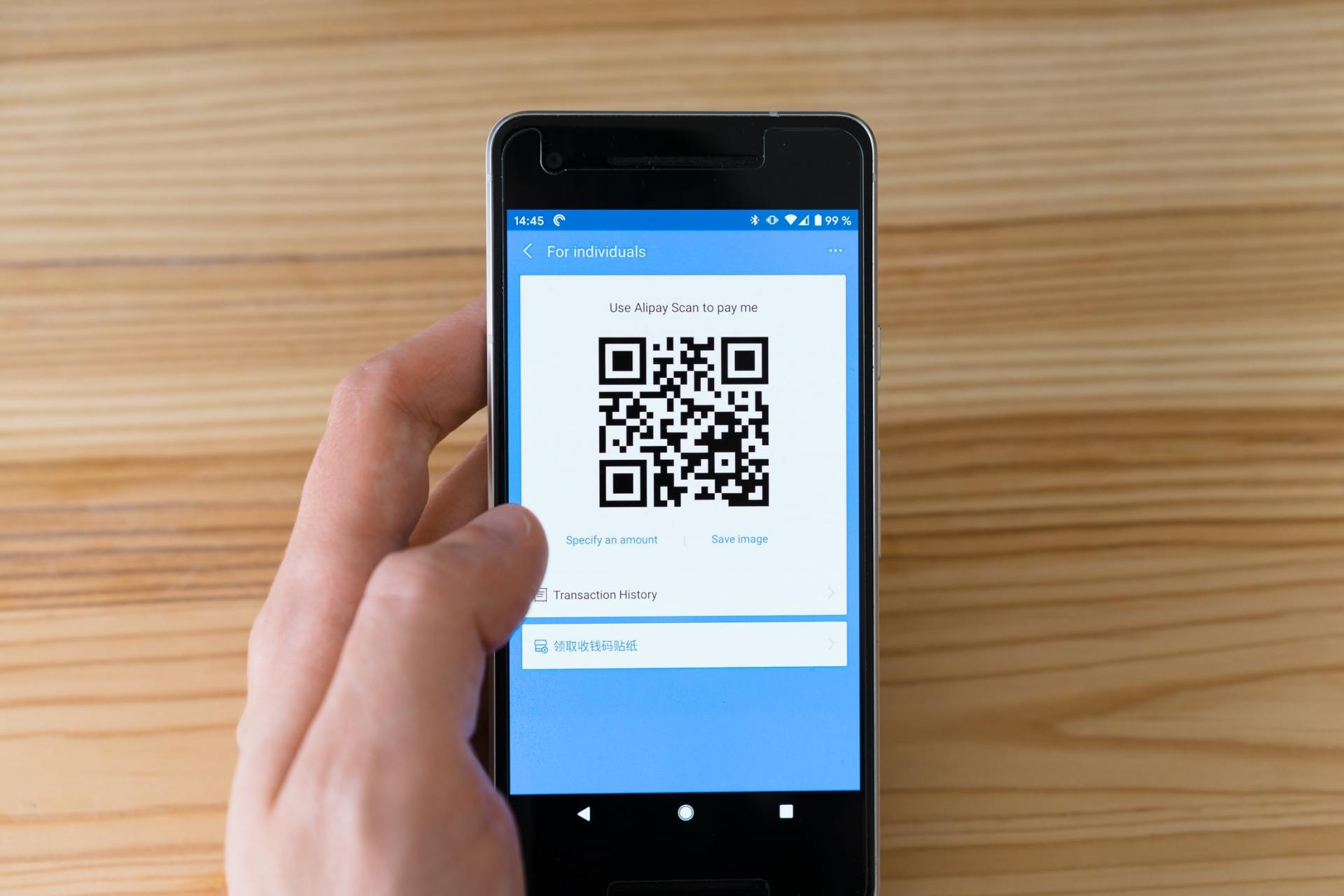Top debt management tools for SMEs in Singapore
Dr Biz • November 16, 2020
Arguably, debt management has not been such a hot topic for small and medium sized enterprises (SMEs) in Singapore since the financial crisis and swine flu epidemic of 2009. The global Covid-19 pandemic has posed multiple challenges for small businesses in the city-state, many of whom have been heavily impacted by circuit breaker measures. While necessary to keep Singaporeans safe, nationwide shutdowns put a stop to normal business trading for many months, with normal activities yet to resume.
This has led many SMEs to take on more debt to keep their businesses afloat this year. Help has been at hand in the form of government assistance, with Enterprise Singapore increasing the Enterprise Financing Scheme SME Working Capital Loan (EFS-WCL)
from a maximum of S$300,000 to $1 million in the 2020 Solidarity Budget. Risk share was also increased from 50% to 90% (70% for younger companies) for new applications initiated from 8 April 2020 until 31 March 2021 in order to give small businesses greater access to working capital.
Accessing debt
According to Singapore bank DBS, since the start of March 2020 it has approved close to 9,700 loans totalling over S$5 billion
to SMEs through schemes including the Enhanced Working Capital Loan, with over 85% of loans worth more than S$2.2 billion given to micro and small businesses. This and lending at other institutions has been supported by the lower interest rates introduced by the Monetary Authority of Singapore (MAS). In April MAS, in partnership with Enterprise Singapore, began lending to financial institutions at a rate of just 0.1% per year provided they then lend to SMEs under the government loan schemes.
All of this means that, right now, Enterprise Singapore is likely the best place for small businesses in Singapore to start looking for loans and grants. If your business needs more help with debt management, however, consider looking to personal sources, such as loans from trusted family and friends. Beyond this, using credit cards with low APRs is often a useful short-term strategy, as are commercial loans offered with banks and smaller lenders. Specialist SME lenders have cropped up in recent years, including Grab Finance: the financial arm of the famous ride hailing app. For more on this take a look at our previous blog post, ‘Managing cash-flow like a small business pro’.
Restructuring debt
In recognition of the need for further debt management assistance for SMEs, this month the government launched two further schemes to help small businesses in Singapore that owe money to multiple creditors due to the Covid-19 epidemic. A partnership between MAS, the Association of Banks in Singapore and the Finance Houses Association of Singapore, from 2 November qualifying companies can access the Sole Proprietors and Partnerships (SPP) Scheme
and Extended Support Scheme - Customised (ESS-C) to restructure what they owe to lenders.
The SPP scheme is for sole proprietors and partnerships that are, at the moment, struggling to pay their debts but who could maintain payments in the future if they get support now. If such businesses owe money to two or more of the banks and lenders participating in the scheme
then Credit Counselling Singapore
will help them to restructure their unsecured business debts. SMEs in Singapore can use this facility to extend repayment periods up to eight years with a maxim interest rate of 7% per year as long as they don’t have unsecured debt of more than S$1 million.
Re-organizing and insolvency
Those that don’t qualify for the SPP, particularly larger businesses with greater debt management needs, can look to the ESS-C to potentially restructure the credit facilities they have with their lenders. This option is for SMEs with viable ongoing businesses and allows the participating lenders to work together to re-organise a business’s current access to credit. This might include loans from Enterprise Singapore's Temporary Bridging Loan Programme as well as the Enhanced Working Capital Loan Scheme. Outside of government backed schemes, businesses can also work with their lenders to find more favourable credit terms, with many now more willing to come to favourable terms.
Finally, if all avenues for debt management have been exhausted, it may be more cost efficient to wind up the business through insolvency. Again, the government has made this process simpler in the face of the current Covid-19 crisis with a Simplified Insolvency Programme. The scheme helps micro and small companies to potentially save their businesses as well as close them more cost efficiently by increasing access to credit, freezing creditor repayments and simplifying legal procedures. With effective debt management combined with increased government support, however, there is every chance an SME can avoid this fate, survive and thrive in the future.
At Dr Biz, we provide tailored and comprehensive solutions for our client's business needs. From incorporation to accountancy, tax and payroll, to professional advisory services, we help businesses in Singapore assess potential risks and become more cost effective and efficient.
To find out more, please feel free to contact us.











